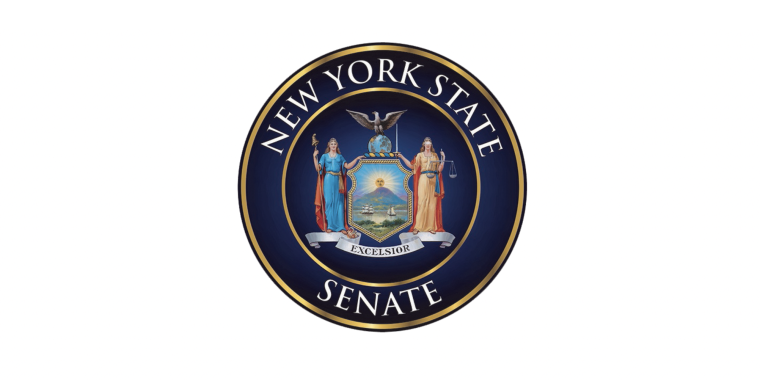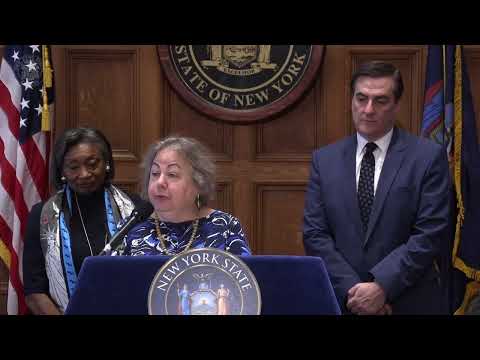
Krueger Urges Governor To Veto MMA Legalization
April 13, 2016
-
ISSUE:
- MMA
- Health Care
Albany – State Senator Liz Krueger today released a letter to Governor Andrew M. Cuomo urging him to veto legislation, recently passed in the legislature, that would legalize mixed martial arts (MMA) in New York State (S5949-A). The letter cites the long-term health implications of MMA for fighters, and the potential burden on taxpayers required to pay for associated public health and social service costs. The full text of the letter can be read below, and is also available here.
"The fact that New York State is the last in the nation to still ban mixed martial arts is something we should be proud of," said Senator Krueger. "I have long opposed legalizing this incredibly violent bloodsport. As it stands, this bill does nothing to protect the health of fighters; it lets promoters get rich while saddling taxpayers with the costs of long-term care. Legalizing MMA is not in the best interest of New Yorkers, and that's why I'm asking Governor Cuomo to veto this bill."
In the letter, Senator Krueger cites a 2014 study in the American Journal of Sports Medicine, which found that 13% of UFC MMA fights ended in a knockout and another 21% in a technical knockout, both of which are indicative of concussions and can potentially result in long-term brain injury and health problems. The letter also urges Governor Cuomo, should he decide to allow MMA legalization, to follow the advice offered in a recent Albany Times Union editorial and require MMA promoters to monitor former fighters and compensate them for long-term medical costs associated with head injuries.
###
April 7, 2016
Andrew M. Cuomo
Governor
The Capitol
Albany, NY 12224
Dear Governor Cuomo,
I write to urge to urge you to act to protect public health and safety by vetoing S5949-A, which would authorize professional mixed martial arts fighting in New York State. There is overwhelming evidence of severe threat to the lives and health of participants in these fights, and New York should not be sanctioning such activities.
The evidence of the damage done to fighters in mixed-martial arts bouts is well documented. A 2014 study in the American Journal of Sports Medicine reviewed 844 Ultimate Fighting Championship bouts and found that 13 percent ended in knockout, which meet the criteria for brain concussions. Another 21 percent of bouts ended in technical knockouts, often involving repetitive strikes to the head at the end of the fight, which is also indicative of concussions. Given all we have learned in recent years about the lifelong health impacts of repeated concussions, it is unconscionable for New York State to sanction a new activity (I hesitate to call this a sport) that would increase such incidents.
If you are committed to allowing this “activity” in New York State, at a minimum you should follow the advice suggested in a recent Albany Times Union editorial (http://blog.timesunion.com/opinion/strike-a-blow-for-fighters/34850/), and require that the legislature pass additional protections for fighters, similar to what the NFL is now belatedly implementing – “long-term monitoring, and compensation for long-term medical costs associated with head injuries, even after retirement.” We know many of these fighters will suffer health consequences and early death because of the brain injuries they receive. As the Albany Times Union states, that is reason enough for a veto, but if the state is going to authorize this practice it should at least ensure that policies are in place to deal with the consequences. In the absence of stronger protections and compensation for medical costs, the people of New York will be forced to pay these costs through our public health and social service budgets. Why should promoters be allowed to get rich from this violent and disturbing activity and then kick the damaged ex-fighters to the curb for the taxpayers to take responsibility for in future years.
Thank you for your attention to this important matter.
Sincerely,
Liz Krueger
State Senator
related legislation
Share this Article or Press Release
Newsroom
Go to Newsroom
The Impact of Casinos on Urban Communities
February 23, 2024

An Open Letter From Jewish Elected Officials Regarding The War In Gaza
February 20, 2024

